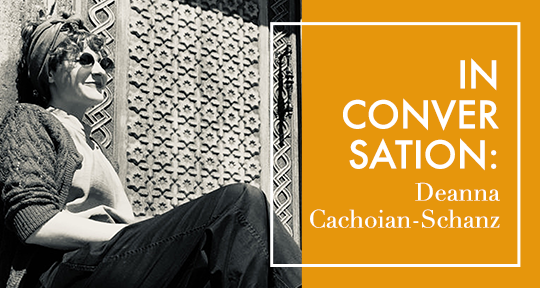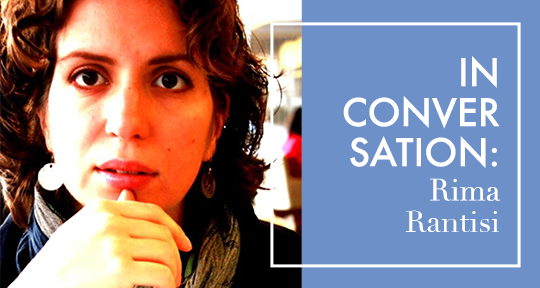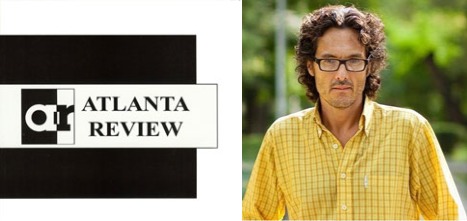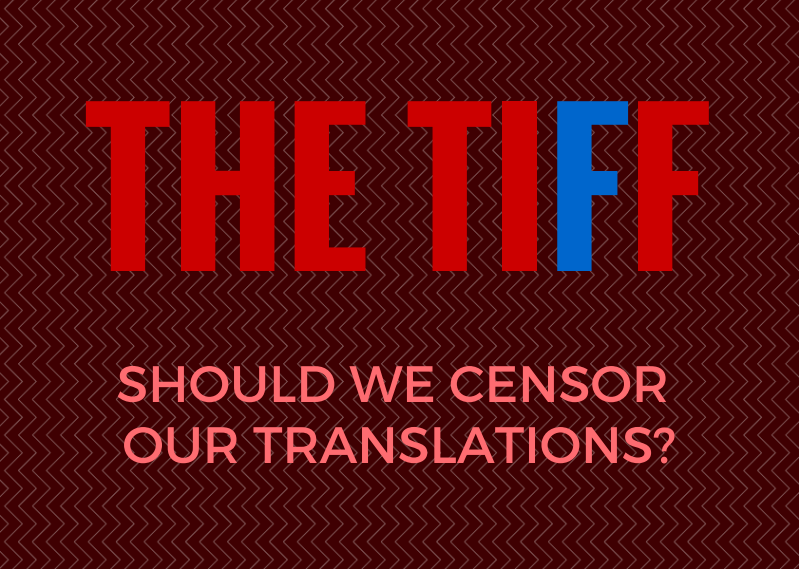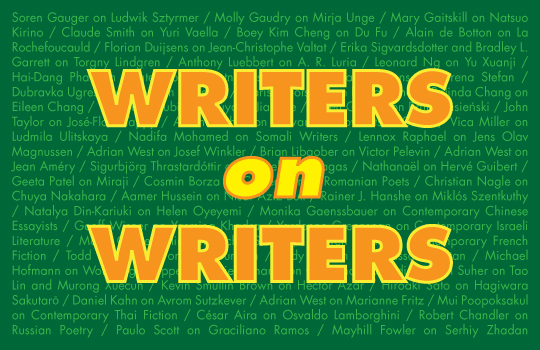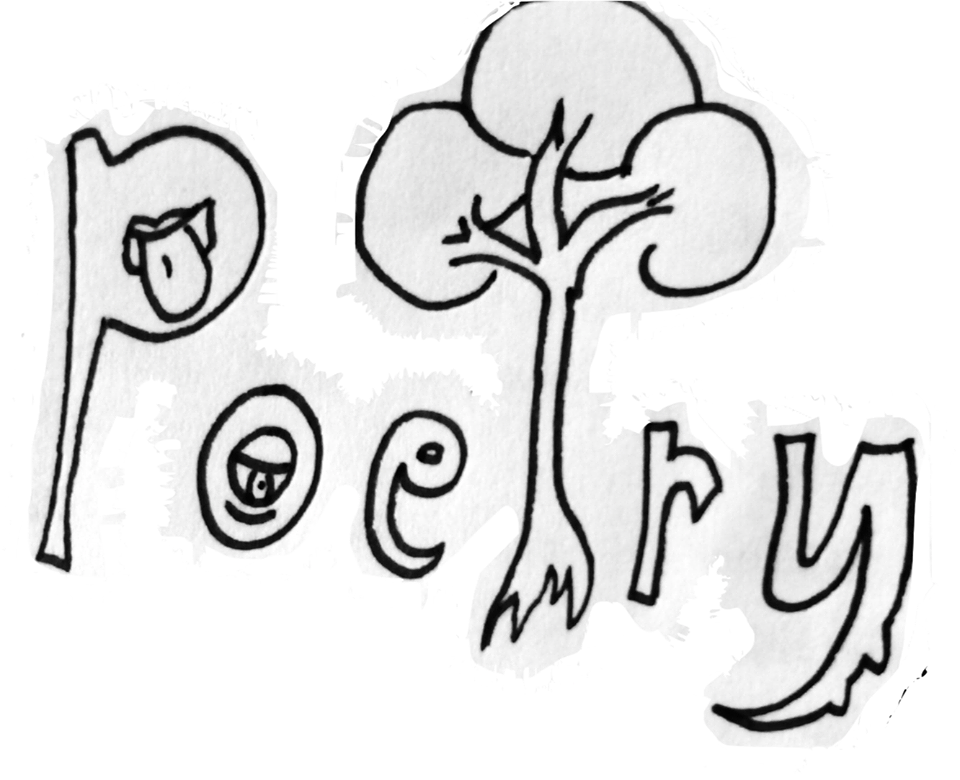Only three days into 2025, the Asymptote team is hard at work reporting on literature across the globe. In the first roundup of the year, our staff introduces a thirty-one day reading challenge of Japanese short stories, the liminal thoughts of a busy poet in European airports, and a look back on the numerous achievements of Palestinian writers throughout 2024.
Bella Creel, Blog Editor, Reporting from Japan
It’s often said that short stories and collections thereof sell poorly in the publishing market—and what a shame! There’s something about the short story, its attention to detail, the palpable shift between acts, the transience of characters and settings, that has made up some of the most impressive pieces of literature. Particularly in Japan, the short story has historically been a dominant mode of writing, pioneered by the “father of the Japanese short story” Ryunosuke Akutagawa, and is still today one of the most common genres seen in bookstores around the country.
To our delight, much of this oeuvre has been translated into English, and Read Japanese Literature (RJL), an extensive online resource for Japanese literature, has created a list of thirty-one Japanese short stories in translation available to read for free online—one for every day of January—in celebration of #JanuaryinJapan. These stories range from the great Akutagawa’s “Dreams,” a chilling and meandering tale of a paranoid artist, to Kenji Miyazawa’s satirical “The Restaurant of Many Orders,” an Alice-in-Wonderland-esque commentary on posturing and westernization following the Meiji period. Many of these stories and authors are also discussed in detail in the RJL Podcast, including deep dives into authors such as Osamu Dazai and Izumi Suzuki, historical context, and more.
If this is your first time hearing of this month’s reading challenge, don’t despair. We’re only three days into the month, and it won’t take you long to catch up—the stories are short, after all.
Carol Khoury, Editor-at-Large for Palestine and the Palestinians, reporting from Palestine
2024 has been a tragic year for the Palestinian; still, Palestinian authors made significant strides in the literary world, garnering prestigious awards and recognition on both regional and international stages.
In April, imprisoned novelist Basim Khandaqji won the International Prize for Arabic Fiction (the Booker Prize) for his novel A Mask, the Colour of the Sky. His brother Youssef and publisher Rana Idris accepted the award in Abu Dhabi. Nabil Suleiman, chair of the judging committee, confirmed that the decision was unanimous. Moroccan writer Yassin Adnan, who hosted the ceremony, emphasized that Khandaqji’s win highlights literature’s ability to transcend borders.



